
The Allamanda plant is an evergreen perennial flowering plant that belongs to the family Apocynaceae. They are indigenous to America. Some varieties of allamanda yields colorful flowers. Many varieties of allamanda produce yellow flowers and few varieties of allamanda produce pink flowers. Allamanda plant usually grows up to 20 feet. Allamanda plants are classified based on their stem position such as creeper, climbers, and shrubs. It is used for traditional medicines to treat jaundice, malaria, and liver tumors.
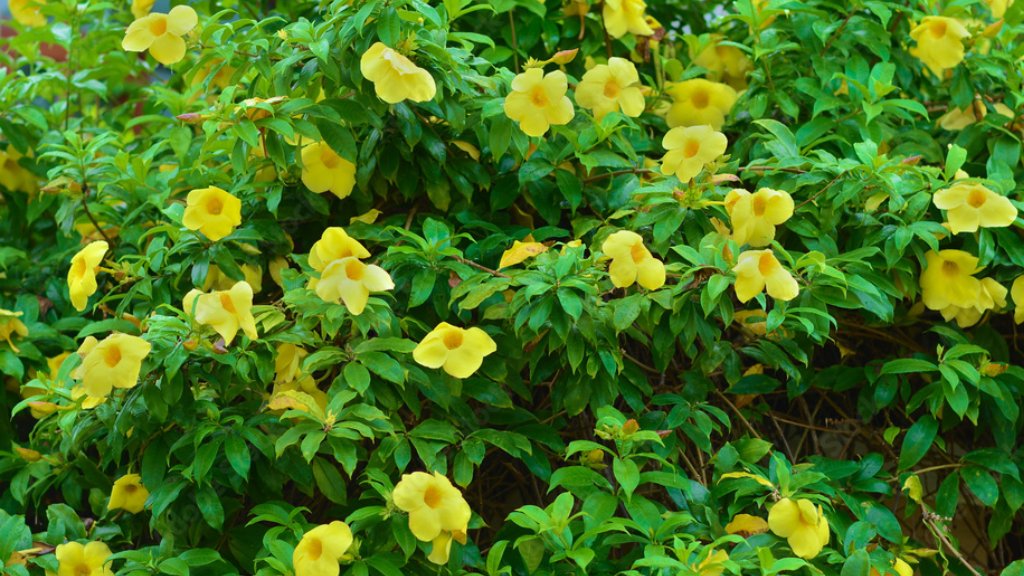
Majorly two varieties of Allamanda are throughout the world.
Allamanda cathartica is has another name called a golden trumpet. This variety produces dark yellow flowers. And this plant grows up to 15 feet tall.
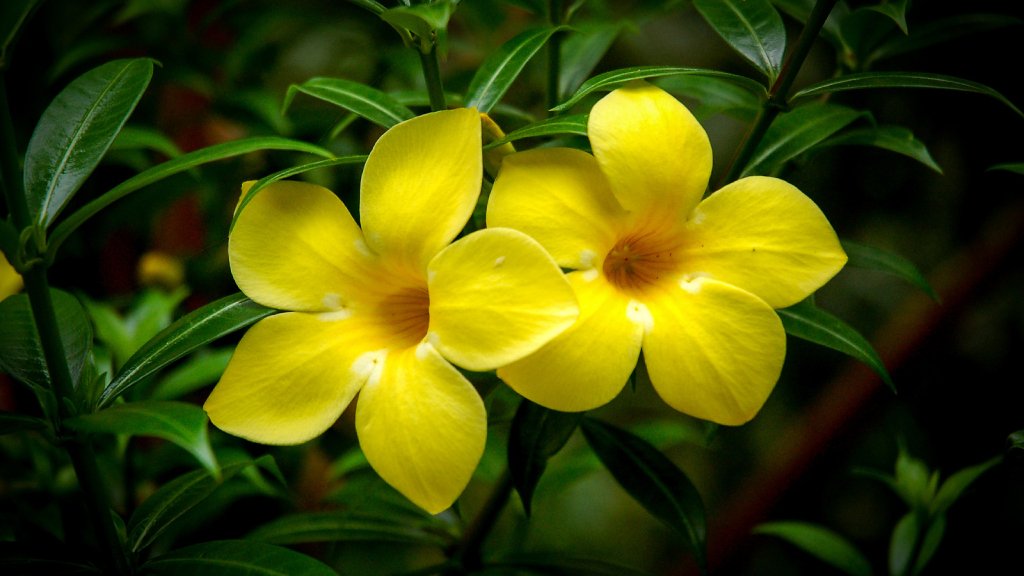
Allamanda blanchetti is also known as purple allamanda. This variety produces a deep purple flower. And this plant grows up to 10 feet tall.
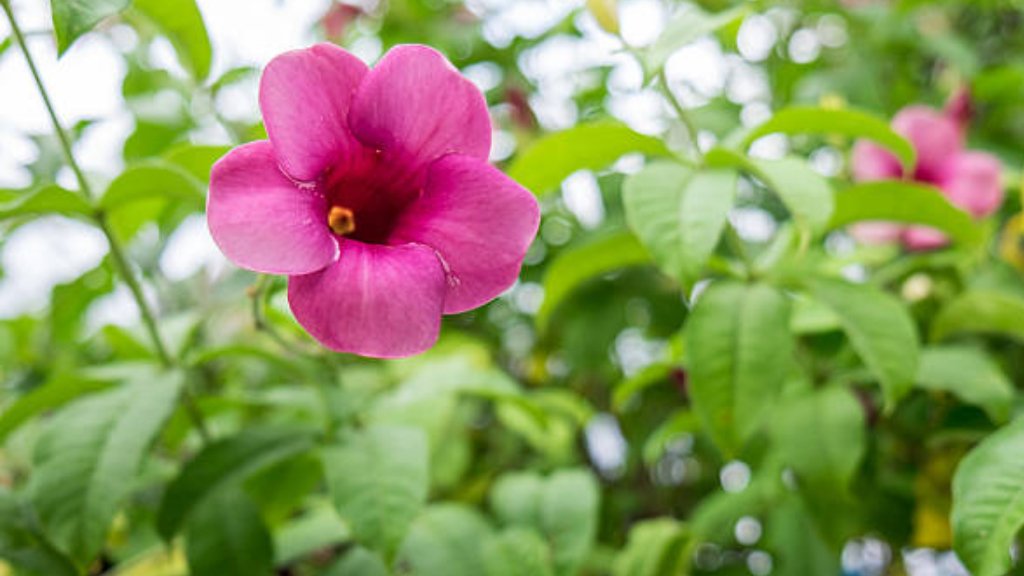
Allamanda shrub and allamanda creeper both are propagated through stem cuttings. Initially choose a healthy matured mother plant and cut below the leaf node. While transplanting remove all the leaves from the bottom portion of the stem and leave two couple of leaves at the apical portion and place them in a pot. After 3-5 weeks roots start to generate.
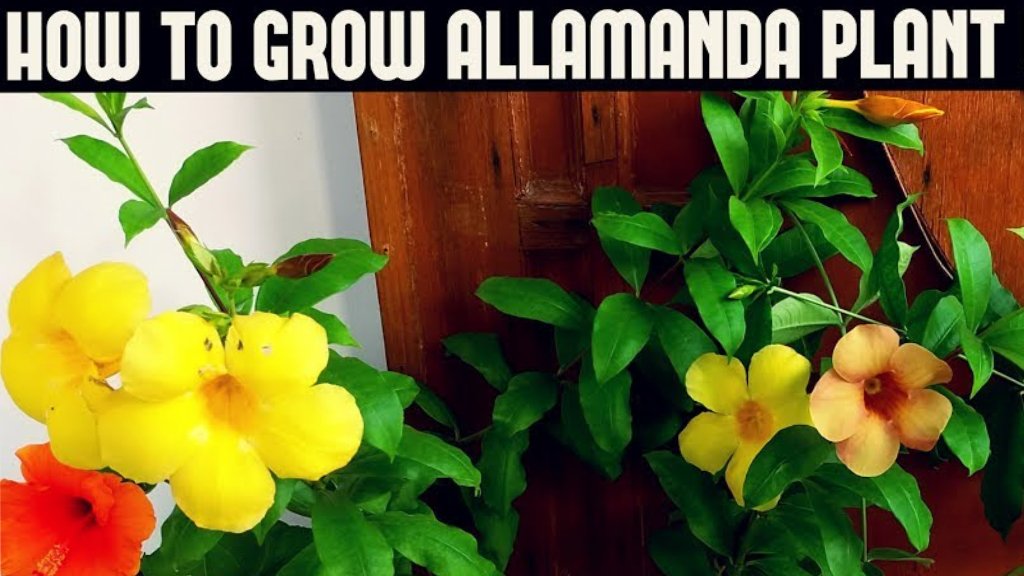
Allamanda survives in sandy loam soil. Excess water logging is not good for allamanda creepers. So, the PH range of soil should remain between 6.0 to 7.0. Induce the soil with organic matters like cow manure, and goat manure which provides additional nutrients to the plant. And mulching above the soil to maintain its moisture level.
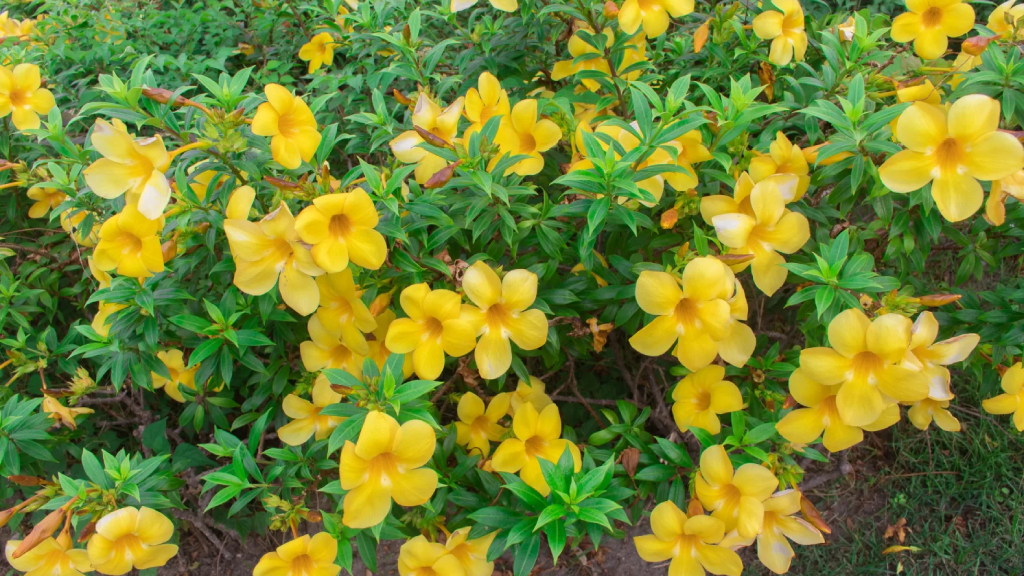
Allamanda creeper required a minimum amount of water to survive. At the same time, allamanda is intolerant to excessive water. Watering twice a week is enough for Allamanda.

Allamanda plants survive in full sunlight. Allamanda flower need minimum six hours of sunligt. Ample amount of sunlight is need for proper growth.
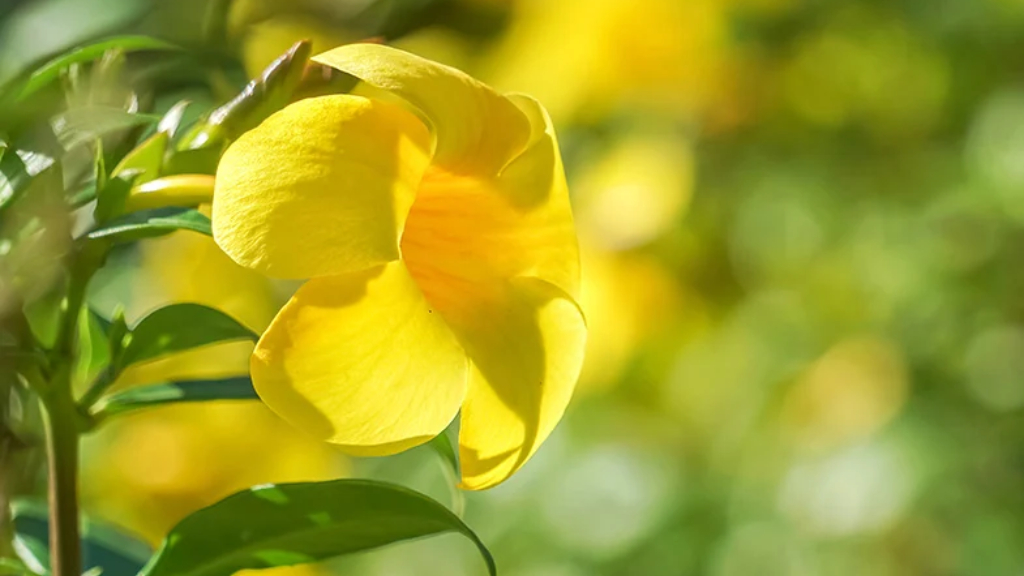
Flower
Allamanda creepers produce funnel-shaped flowers with five overlapped petals that spread outwards. There are a few varieties such as allamanda cream, allamanda chocolate, and allamanda Indonesia sunset. And popular varieties of allamanda flowers are allamanda cathartica and allamanda blanchetti.
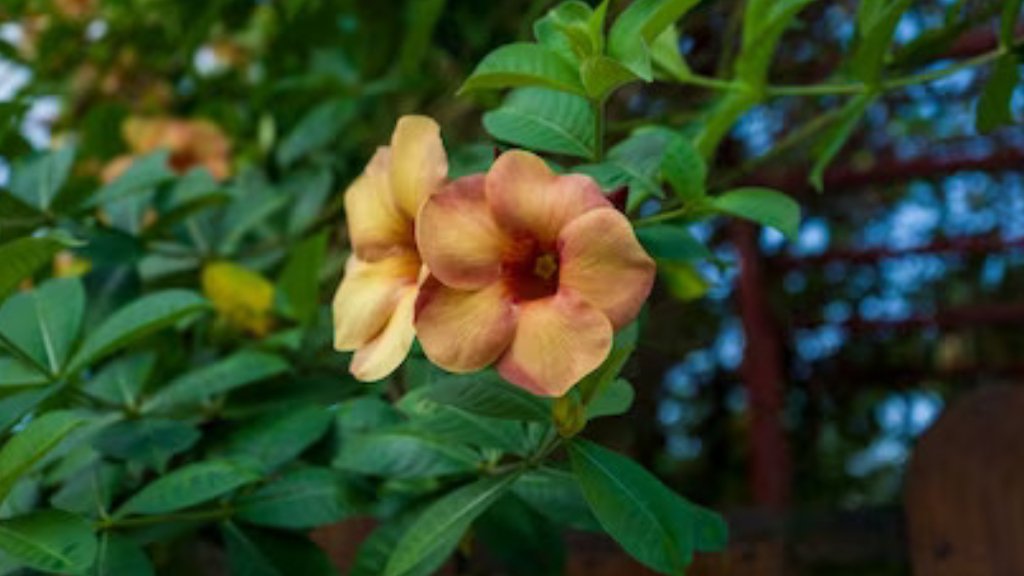
Give NPK fertilizer at proper ratio in the gap of 2-4 weeks. fertilizer is given at the base of the plants.
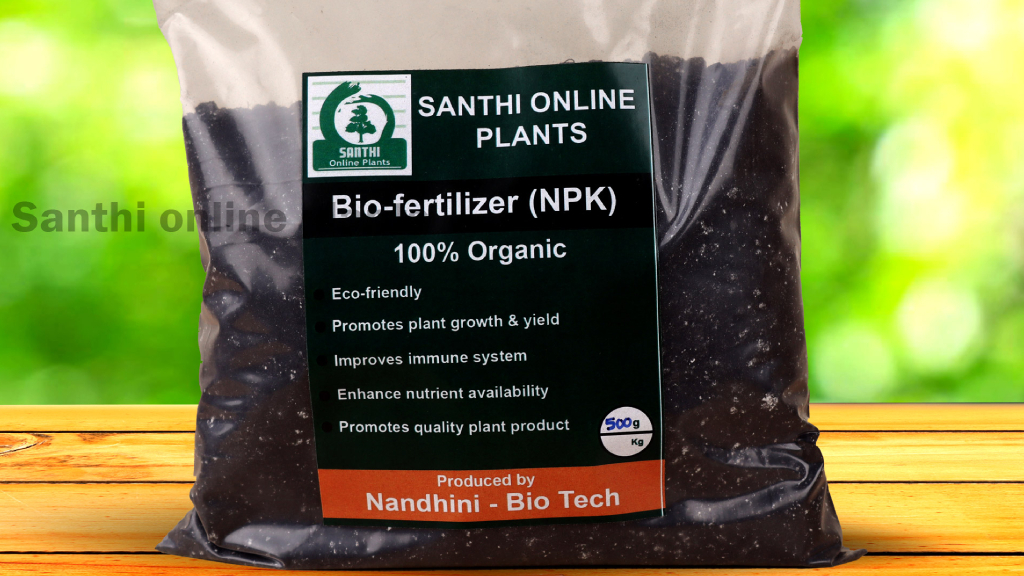
Early spring is better for pruning just before new growth begins. To maintain overall health and appearance pruning is an essential thing that removes all diseased, dead, and damaged branches.
Usually, allamanda grows vigorously so, prune it according to your desired size.
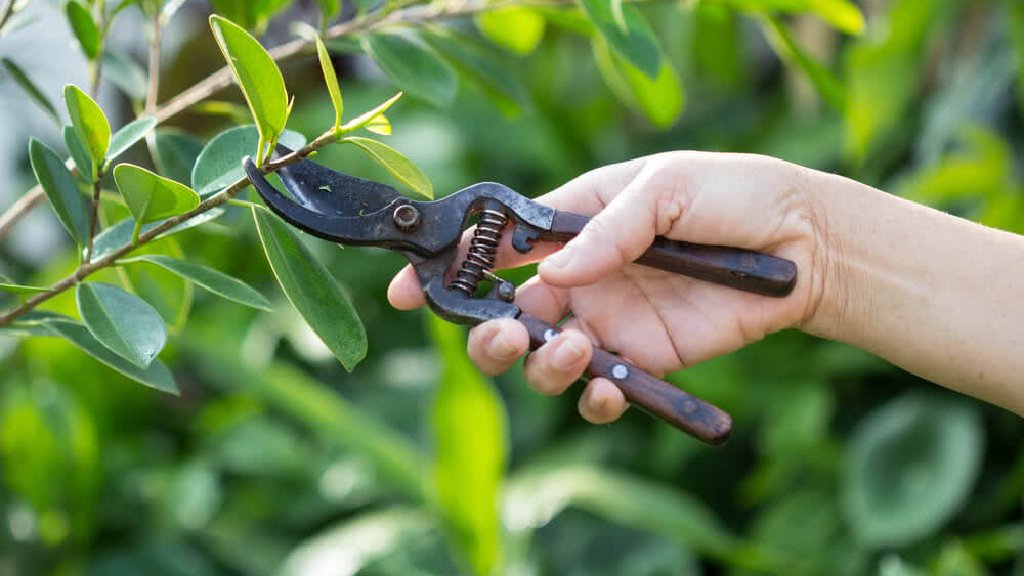
Repot the allamanda before its active growth begins. Choose a well-drained potting mix that is suitable for allamanda. After repotting water thoroughly until the water drains. The repotted allamanda placement done in indirect sunlight. Because direct sunlight can affect plant growth. So, inspect the plant's signs regularly.
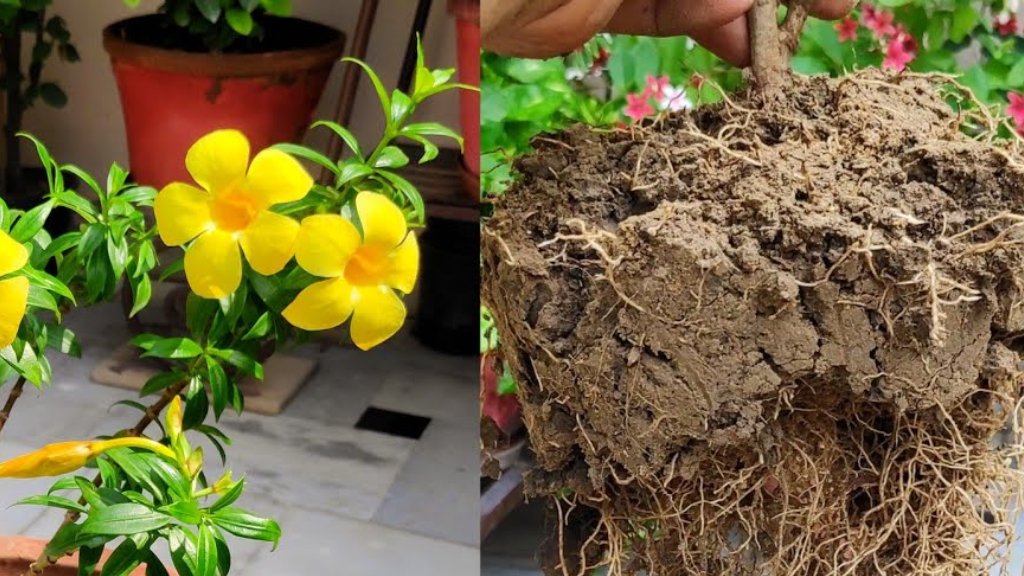
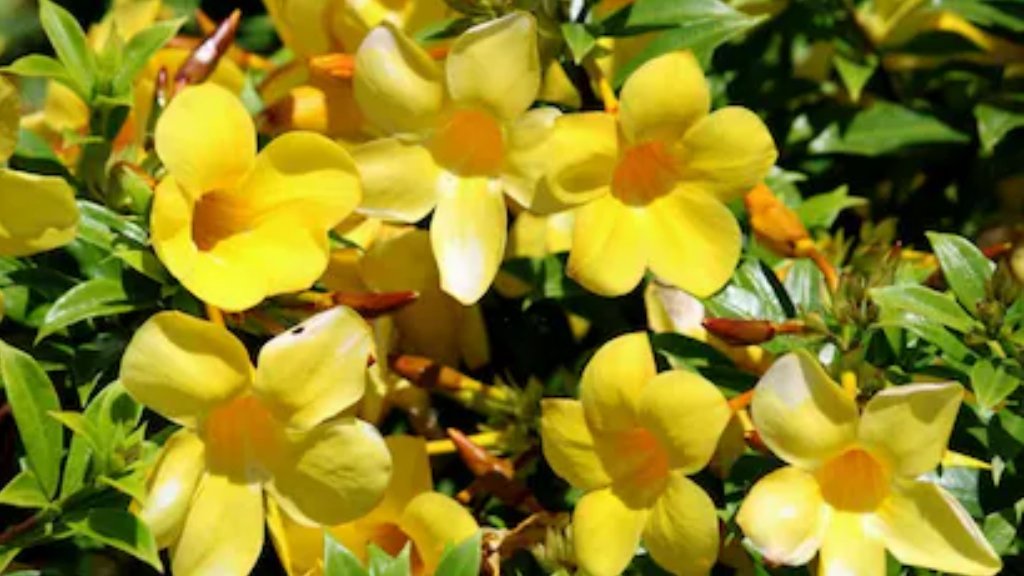
Plants play a vital role in purifying the air, providing oxygen and it creates a healthier ecosystem.
Choose green go wild
Blog created by: www.santhionlineplants.com
Diego Simeone
Neque porro quisquam est, qui dolorem ipsum quia dolor sitdown ameto, consectetur, adipisci velit, sed quiata non numqua eius modi tempor incidunt ut labore et dolore magnam, semper quis mollis id, ullamcorper ut diam.
Reply